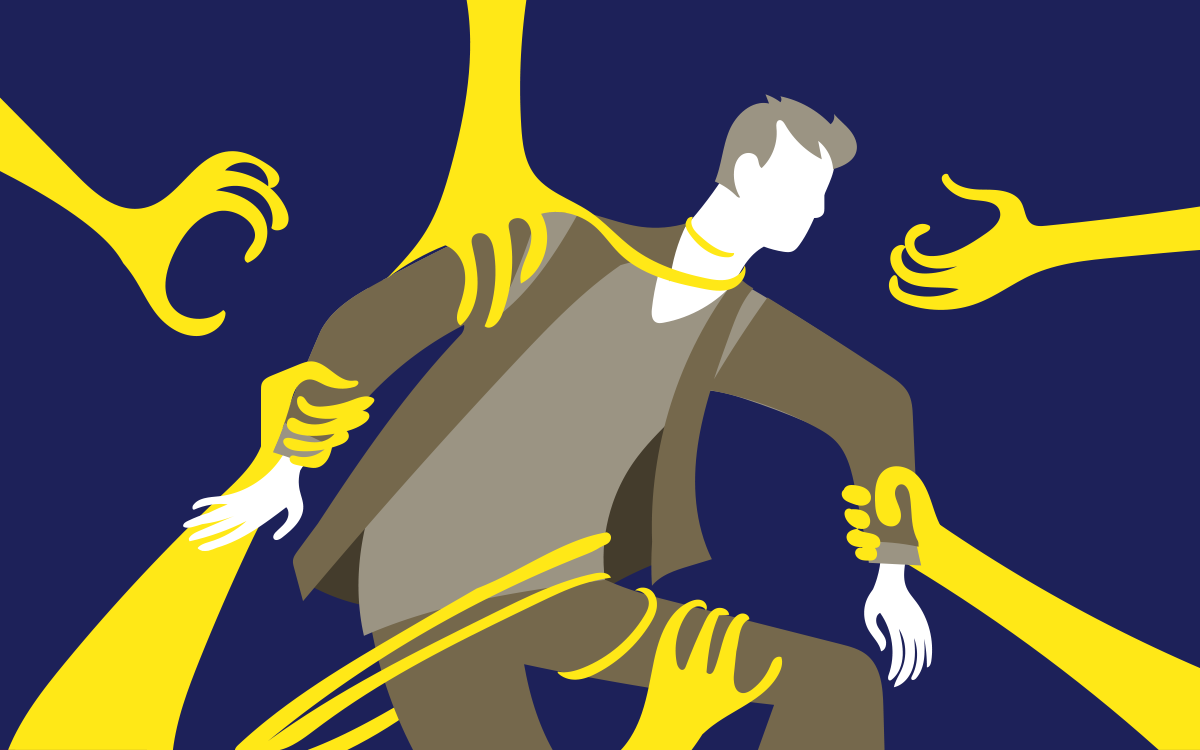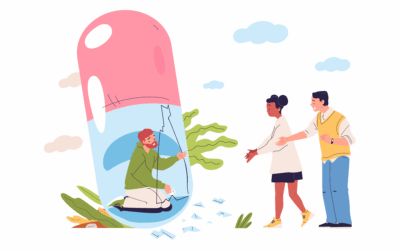- “Quitting is just a matter of willpower (I’ll stop whenever I want)”
While willpower is necessary for recovery, it is not enough on its own. Prolonged drug use alters brain chemistry, making cravings and compulsive behaviors beyond one’s control. Therefore, it is essential to seek professional treatment to help understand the nature of the disease and to acquire tools and strategies for achieving recovery. - “Addiction is a disease that leaves you powerless, unable to do anything about it”
Most experts agree that addiction is a disease, but this doesn’t mean you are completely powerless against it. The changes in the brain caused by addiction can be treated through various methods, and it is possible to confront and overcome the disease. - “An addiction patient must suffer severe losses before they can begin treatment”
Recovery can begin at any stage of active addiction, and the earlier the decision is made, the better the outcome and the fewer the losses. - “You can’t force an addict into treatment; they must decide on their own”
Not necessarily, as after some time in recovery, a person may begin to think more clearly and choose the right path, even if the initial decision was made by family and without their will. Compulsory treatment has shown positive results in patient recovery. - “We’ve treated him before, he went to rehab and relapsed, so there’s no point in trying again”
Addiction treatment is cumulative. Recovery from drugs is a long process, and relapses can occur. However, this doesn’t mean that the treatment has failed or that the person is hopeless. A different treatment approach may be necessary. - “Once the withdrawal symptoms are gone, I’m cured”
Treating addiction is not limited to managing withdrawal symptoms. The real treatment begins afterward and includes psychological rehabilitation and a relapse prevention program. - “There’s no such thing as quitting; nobody can quit for good”
Quitting is a decision and a skill that can be learned by changing one’s lifestyle. Anyone who commits to it can quit. - “We’ll send him to live with a relative in another town where he doesn’t know anyone to get drugs from. After a month, he’ll be cured”
The problem is never the location. Addiction isn’t treated by changing places or escaping it. We need to address the underlying causes and prepare the individual for recovery. - “Religion is the cure for everything; just pray and ask God to heal you from addiction”
The spiritual and religious aspects are important in recovery, but we must also address the root causes to prevent relapse. - “Just let his father beat him since reasoning with him isn’t working”
The patient suffering from addiction is often stubborn, and using this approach may cause them to leave home or resist treatment altogether.
Common Misconceptions About Psychiatry
The field of psychiatry suffers from many misconceptions. Among these are: Misconception 1: Mental disorders are not real illnesses Mental disorders are illnesses just like physical diseases and occur due to chemical imbalances in the brain. In many physical diseases,...




